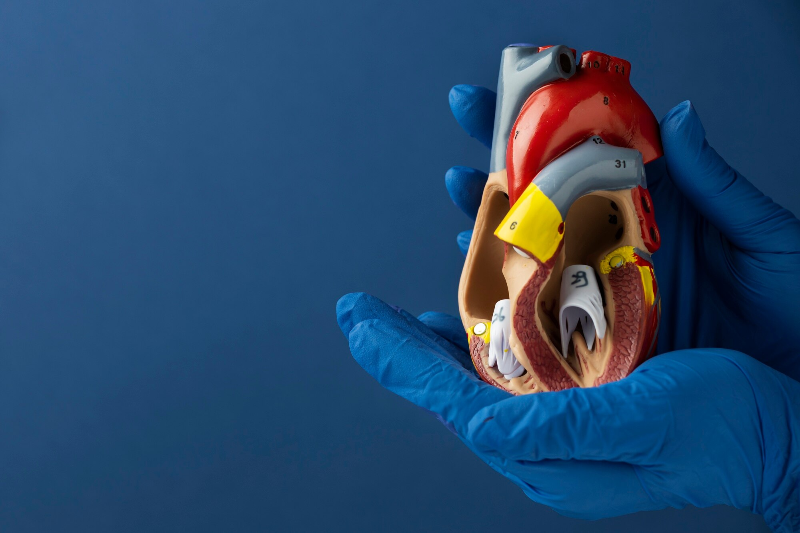by Baker Heart & Diabetes Institute
Credit: ACS Applied Materials & Interfaces (2023). DOI: 10.1021/acsami.3c07756
Using a novel "organ-on-a-chip" model, Baker Heart & Diabetes Institute researchers have discovered a potential therapeutic target that may slow down vascular aging and reduce heart disease, kidney dysfunction and vascular dementia.
The vascular system is made up of the vessels—the arteries and veins—that transport blood through the body, delivering oxygen and essential nutrients. Vascular aging involves the progressive decline in the structure and function of those vessels over time, which can result in damage to vital organs, including the heart, brain, kidneys, and other organs.
While there is widespread attention given to external aging, how we age internally is vitally important for long-term health.
Associate Professor Sara Baratchi and her team have developed a unique bioengineered model—an organ-on-a-chip—of a blood vessel and found that therapeutically targeting the protein Piezo 1 may reduce endothelial dysfunction, a coronary artery disease.
An organ-on-a-chip is a micro-scale system used for mimicking the human body environment and is increasingly being used as an alternative to animal models.
"Endothelial dysfunction is a coronary artery disease that does not cause an obstruction, rather, the large blood vessels on the heart's surface constrict, or narrow, as opposed to opening up," A/Prof Baratchi explained. "It's a coronary artery disease that affects more women than men and can cause severe chest pain.
"Using this novel organ-on-a-chip model that we've developed, our team has successfully characterized how endothelial cells, the cells that line all blood vessels and control the development of tissue cells in the blood vessel wall, respond to both the force of flowing blood on the surface of the blood vessels, which is called shear stress, and blood vessel stiffness. These are both major contributors to heart disease, kidney dysfunction and vascular dementia."
In a paper published in ACS Applied Materials & Interfaces, A/Prof Baratchi said her team has found that the protein Piezo 1 plays a previously unidentified role in how the endothelial cells that line our blood vessels respond to vessel stiffening and shear stress.
"With this new understanding, we believe that identifying drugs to target Piezo 1 in aging adults may lead to a reduction in vessel inflammation and arterial stiffness, which would alleviate endothelial dysfunction in aging adults.
"This unique bioengineered model is an exciting advance and will be useful for the development of personalized medicine and drug discovery for tackling vascular aging."
More information: Austin Lai et al, Endothelial Response to the Combined Biomechanics of Vessel Stiffness and Shear Stress Is Regulated via Piezo1, ACS Applied Materials & Interfaces (2023). DOI: 10.1021/acsami.3c07756
Journal information: ACS Applied Materials and Interfaces
Provided by Baker Heart & Diabetes Institute







Post comments